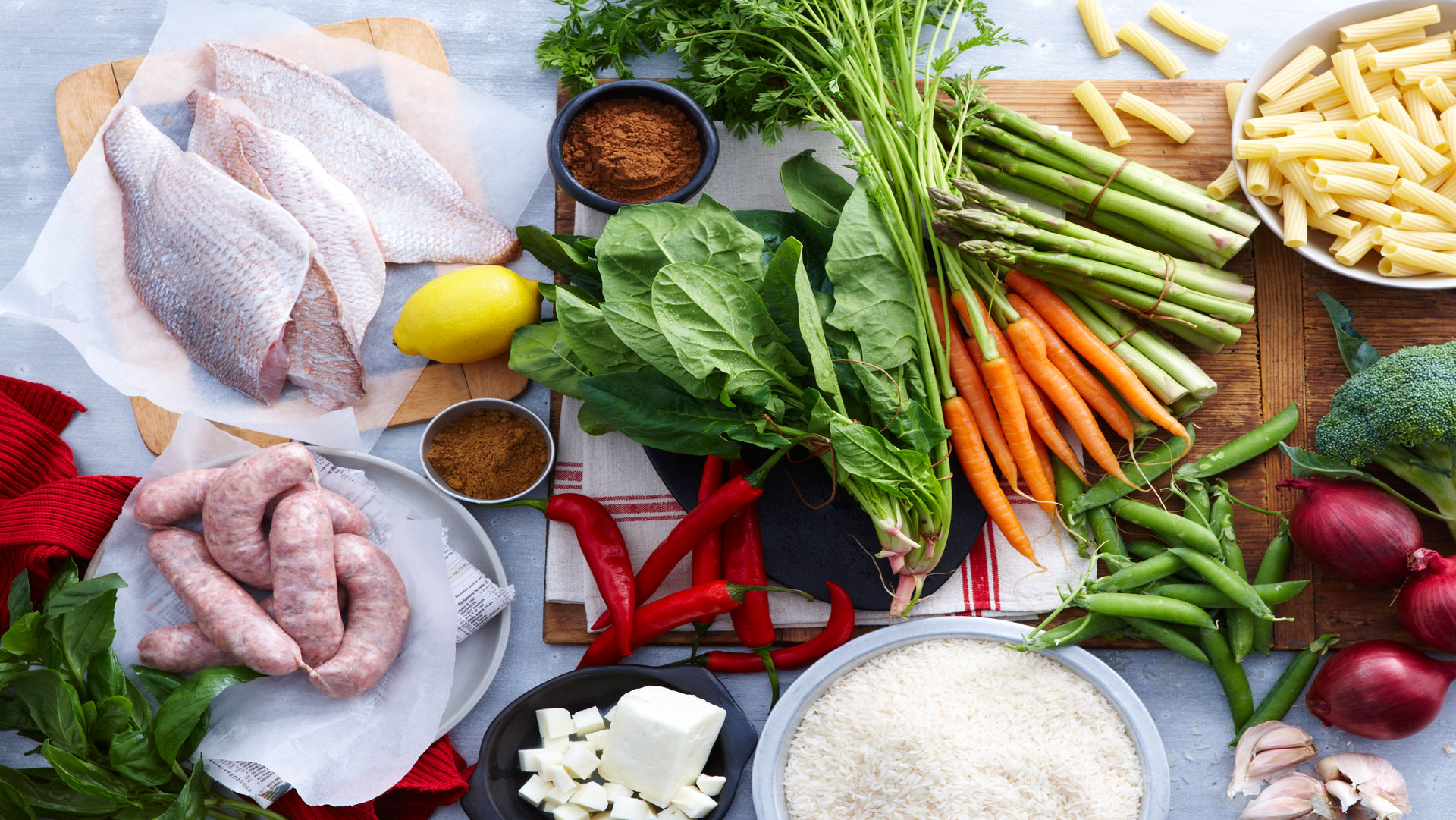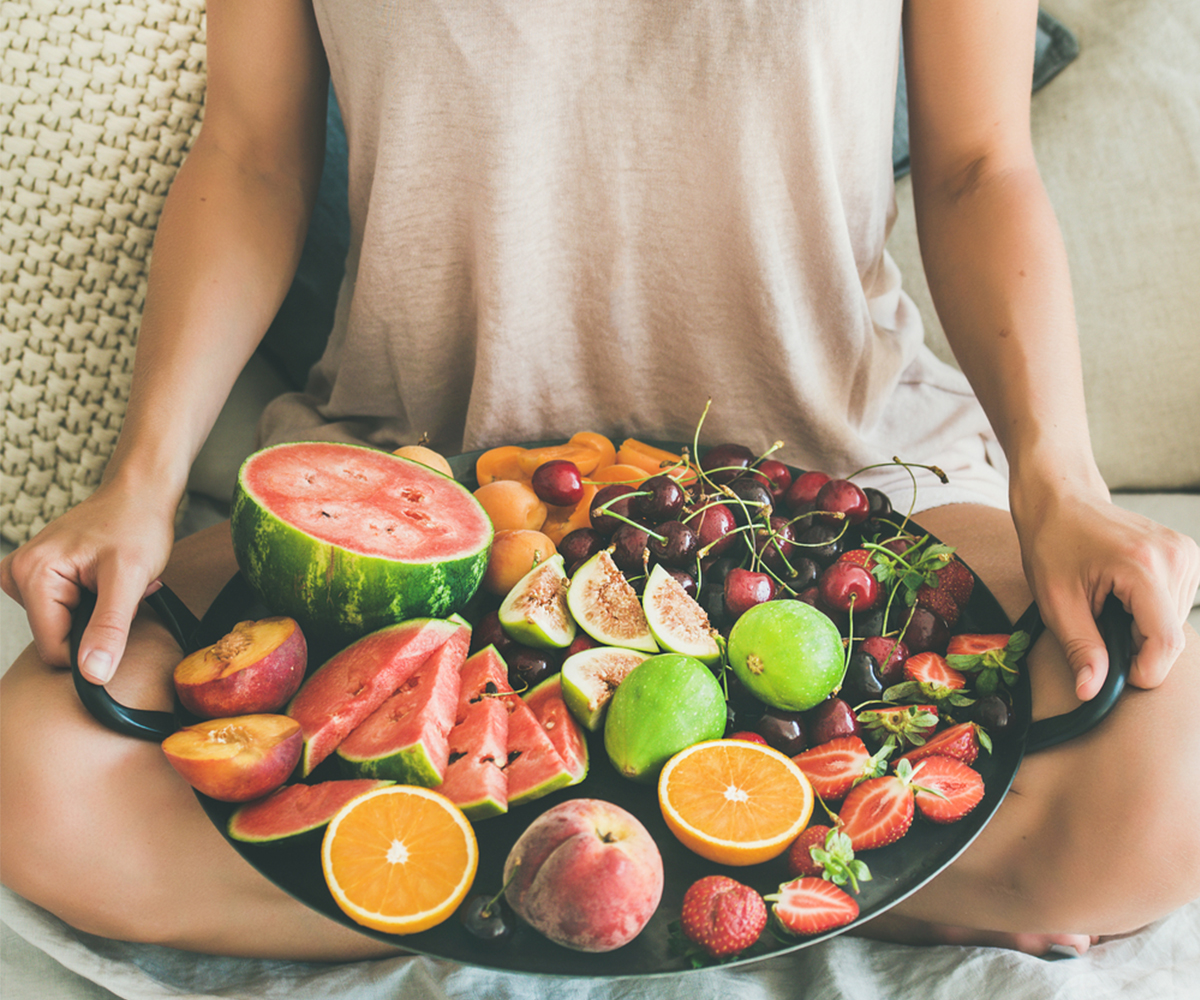Food as therapy in traditional Chinese medicine is not only about preventing and treating illness, but also about taking care of the whole person – mind, body and spirit.
When it comes to healthy eating, the Chinese have their own version of what’s good for our bodies, with beliefs strongly rooted in the more than 2000-year-old philosophy of Taoism.
As one of the oldest forms of ancient medicine in the world to have made the connection between food, nutrition and medicine, traditional Chinese medicine (TCM) aims to maintain holistic balance through diet.
Standing the test of time, these ancient principles of nutritional therapy have made a return to popularity as conventional medicine begins to recognise that what we eat can be the main way to keep our health, prevent disease, heal from illness and slow down the ageing process.
“In ancient times, the Chinese used food as the primary source of good health by, first and foremost, preventing illness,” explains Dr Karolina Cass, Chinese medicine practitioner and founder of Sacred Point Acupuncture.
“Over time they observed how people’s bodies reacted to different food properties physically, and how they felt both emotionally and energetically after eating. From there, they translated their findings into medicinal terms, which informed the early knowledge of ‘food is medicine,’ brought into the present day to treat and heal illness,” adds Dr Cass.

With this in mind, we look at how we can apply this ancient awareness to our modern diets.
“According to TCM, food – both for people and nature – is composed of qi (pronounced chi), the essential life force energy that flows through every living thing and shapes our health,” explains Kim Gatenby, doctor of Chinese medicine and fertility expert.
“The balance of qi in the body and mind is dependent upon the functional relationship between yin and yang – relative opposite qualities or manifestations of qi, which exist in all foods in different quantities,” says Kim.
In other words, everything that is yin contains some element of yang, and everything that is yang contains some element of yin.
“Through the foods we eat, these two opposite forces complement each other to allow qi to flow in harmony and keep us healthy,” she adds.
Yin and Yang foods
Yin refers to aspects or signs of qi that are relatively cold, moist, and cooling in how their energy affects the body, and are recommended in hot weather to cool us down. Such foods grow above the ground and tend to be green or cool-toned in colour, like leafy greens.
Yang refers to aspects or manifestations of qi that are hot, dry and warming in how their energy affects us physically, and are preferred in colder months to help warm the body. Such foods grow underground, like potatoes, and have warm colours such as red or orange.

The 5 flavours of balance
Beyond the energy properties of yin and yang, TCM categorises foods by their flavour rather than nutritional content.
“Each flavour corresponds to a different internal organ, and by adding that taste to your meal it directs qi to that organ as a way to keep it functioning optimally,” explains Dr Cass.
“Similarly, emotions and thoughts also directly impact the organs, so based on what’s happening emotionally this can indicate disharmony in the related organ.
“This awareness can be used to treat dietary deficiencies like cravings, but also recognise emotional imbalances. For example, sweet cravings indicate that there’s an imbalance in the digestive system and outbursts of anger, premenstrual symptoms or breast tenderness communicate that the liver is not happy. So, accordingly,if there’s excess or deficiency, the organ and emotion can be treated with the equivalent flavour,” she says.
“Therefore, eating a balance of all five flavours can help maintain homeostasis in the body, but you can also focus briefly on a particular flavour to have an effect on a certain disease or symptom,” adds Kim.

Salty
This flavour connects to the kidney and bladder, and relates to fear.
Best foods: Himalayan salt, seaweed, olives, soy, salty ham.
Sweet
This connects to the spleen and stomach and relates to worry.
Best foods: Most fruits, rice, barley, honey, some meat, legumes, some starchy vegetables.
Pungent
This flavour connects to the lungs and large intestine and relates to grief and sadness.
Best foods: Garlic, onion, ginger, basil, turmeric, fennel, nutmeg, mustard greens, radish, peppermint, cloves, white and black pepper.
Sour
This connects to the liver and relates to anger.
Best Foods: Lemon, sour greens, spinach, parsley, mint, vinegar, sauerkraut, sourdough bread, tomato, fermented foods.
Bitter
This connects to the small intestine and heart, and relates to joy.
Best foods: Alfalfa, paprika, teas, kale, lemon peel, coffee, grapefruit, bitter greens.
Eat with the seasons

As the seasons ebb and flow they offer us an array of beautiful fresh produce to keep us in harmony with the rhythms of nature.
TCM believes seasonal produce contains within it the energy properties of yin and yang for absolute balance between the internal qi of the body, as well as the external qi of the environment.
Summer:
“During the summer months, we’re at the height of yang time; the energy of the body is flowing at its fullest and our bodies are trying to cool down,” says Dr Cass.
“This is where the calming effects of bitter foods keep our body cooler, as energetically they’re considered to benefit the heart energy by cooling down flared up emotions.
“Select more yin fruits, like pineapple and watermelon, and vegetables in season to clear heat and hydrate the body. And while this is the optimal time to eat more raw foods, if you have digestive disturbances steam or boil your vegetables to help break them down for easier absorption.”
Late Summer:
Traditionally starts around the third week in February and lasts around six weeks.
“This season transitions from the yang energy of spring and summer, and moves into the yin energy of autumn and winter, so it’s vital to nourish and nurture the body, especially the digestion, in preparation for the cooler months ahead,” advises Dr Cass.
Eat more sweet foods, which are the over-ripe fruits in season, golden to yellow in colour, like pumpkin, sweet potato, apples and almonds.
“As the weather begins to cool, it’s also time to incorporate more warmer and cooked foods, through frying, steaming and boiling,” adds Dr Cass.
Autumn:
Just as the temperatures begin to cool down, we need to eat more yang pungent and spicy flavours.
“These are great to stimulate the digestive fire to get rid of excess heat that’s been lingering from summer and to promote warmth throughout the body,” explains Dr Cass.
“In turn, pungent foods bring about sweat and, as it’s flu season, this helps get rid of internal pathogens that are starting to creep in,” she adds. Begin to stir-fry and oven bake your food.
Winter:
“This is the peak of yin time when everything is cold, both externally and internally, so you want to have very salty yang types of foods to help keep your extremities warm,” says Dr Cass.
“Drink plenty of room temperature water to maintain energy levels, herbal and black teas and kombucha. Slow cook your meals and have plenty of soups, bone broth and stews.”
Spring:
“As you transition back from yin to yang time and come out of hibernation, this is when sour flavours are best in preparation for becoming more physical in the upcoming warmer months. However, don’t overdo it on sour foods because this can also injure the liver,” says Dr Cass.
Light foods eaten raw or lightly cooked are beneficial. Begin the day with hot water, lemon and mint to detox and renew your energy.
Good Food Habits
Eat a hearty breakfast between 7 and 9am as this is when the stomach is most active and functional.
Eat a light dinner between 5 to 7pm. This allows enough time for digestion before going to bed.
Eat cooked foods, and drink room temperature water for better digestion and reduced bloating.
Control your emotions to protect the organs through yoga, meditation or journal writing.
Avoid greasy, processed, raw, sugary, and dairy foods as these foods block the smooth flow of blood and qi throughout the body.


